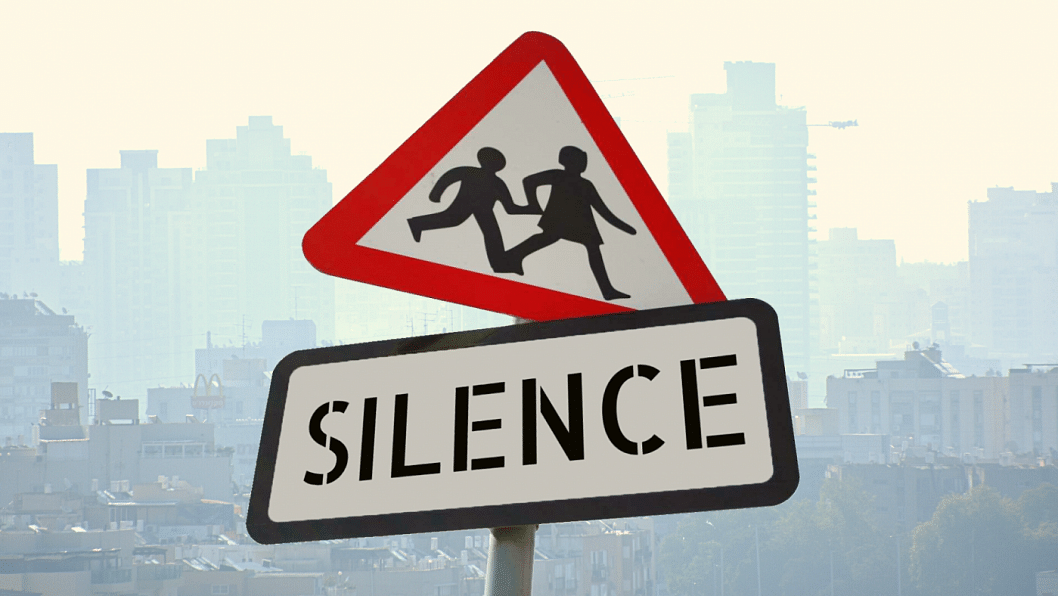Sound pollution caused by schools is a real problem

Drowsy and disoriented, I look at the clock. It's 7:30 AM. Students at the nearby high school are singing into a microphone; their voices ringing at a thunderous volume from loud speakers. The tune is what Metallica's rendition of a wailing siren would sound like.
This is how my entire neighbourhood wakes up every morning. Their morning assembly is the least of our worries. The disconcerting issue is the school's outdoor rehearsal and celebrations, which subject helpless residents to deafening speaker music and static, sometimes for days on end.
Residential areas consist of family homes with residents of all ages – babies, teens and ageing grandparents. Personally, living close to a noisy school, studying at home becomes impossible for me. For residents suffering from migraine, anxiety, heart diseases, insomnia or any illness, unwarranted loud noises can have long-term, detrimental consequences on their health. My mother suffers from high blood pressure and loud sounds trigger her headaches and insomnia.
"During assemblies and cultural functions, it gets really noisy and it hampers studies and prayers," says Raiyan Abrar, a final-year student of MIST. "The local masjid has requested authorities to not play loud music at least during prayer times but nothing has changed."
According to Bangladeshi law, the allowed noise level for residential areas is 55 decibels during the day.
Some institutions have combatted noise pollution by limiting their events to indoor arrangements. Every institution should ideally allot a separate space in their infrastructural planning for an auditorium. Auditoriums muffle out loud music and commotion. Moreover, schools should be established in comparatively spacious areas with lots of trees to help buffer and filter out generated noise.
If you walk around a residential area, you'll find several schools have been set up at leased buildings that were initially constructed to function as residential apartments. Such schools lack sufficient campus space and any event they arrange can lead to a huge crowd within a tiny radius. There's also this tendency of schools to be established in close proximities.
Where I live, there are four schools within a 2500-feet radius.
"There are several schools around my house. Our mornings commence sourly with horns from students' cars and school buses. In the afternoon and evening, when shift wise classes end, the noise only increases. Event days are worse. No matter which corner of the house I'm in, it's loud and often infuriating," says Zarin Tasnim, 20, a resident of Uttara.
Ironically, street signs read "No horns please. School ahead." to protect students from external noise and then schools go on to allow hullabaloo within their premises, without concern for residents. School staff need to be provided with a clear manual on preventing noise from permeating outside school grounds. There also needs to be strict monitoring of their adherence to standard noise regulations.
Nuzha forgives people for pronouncing her name wrong and wallows in books and anxiety. Suggest her fiction at [email protected]

 For all latest news, follow The Daily Star's Google News channel.
For all latest news, follow The Daily Star's Google News channel. 









Comments